Strengthening primary health care
The Covid-19 pandemic is considered a “harsh test”, clearly exposing the shortcomings of the health sector, from grassroots health capacity, human resources, to the ability to coordinate, manage and respond to emergency situations. After the pandemic, the health system of Ho Chi Minh City entered a phase of comprehensive reconstruction and consolidation.
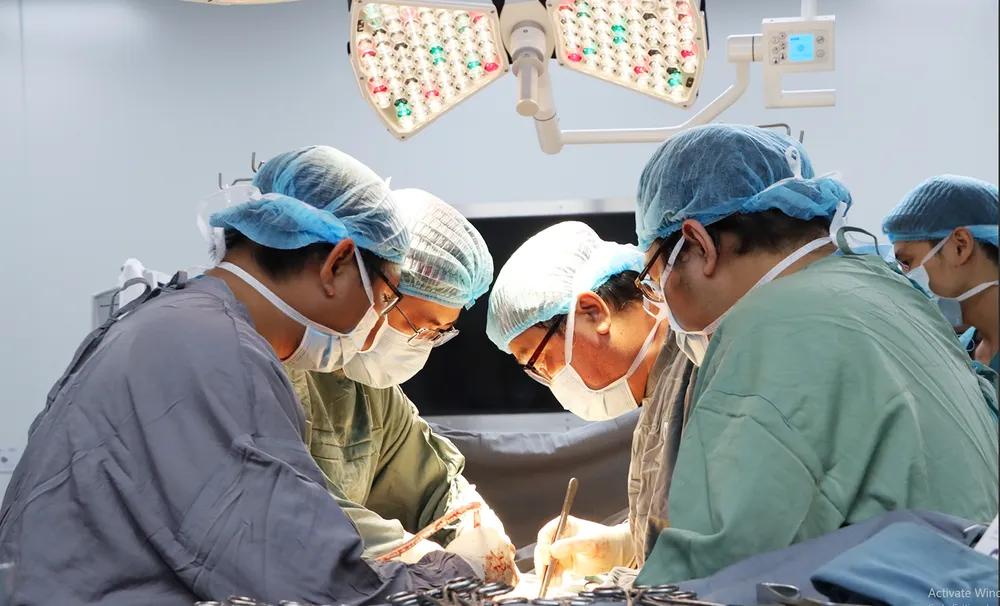
From the profound lessons learned, the city has urgently implemented many programs to improve epidemic prevention capacity, invest in infrastructure and transform hospital operation models towards autonomy, modernity, and universal health care. According to Associate Professor, Doctor, Doctor Tang Chi Thuong, Director of the Ho Chi Minh City Department of Health, in the past 2 years, the health sector has focused on the goal of "strengthening primary health care - enhancing preventive medicine - modernizing treatment". Along with that, the city has implemented the project "Developing the Ho Chi Minh City health system to become an ASEAN regional health care center from now to 2030 and the following years" with the goal of building an advanced and modern health system.
After the administrative boundary merger, Ho Chi Minh City has quickly planned a comprehensive health care network suitable for the expanded urban space. Specifically, advising the Ho Chi Minh City People's Committee to develop a multi-layered, interconnected health care system, closely connecting the grassroots and specialized health care, ensuring that all people receive comprehensive and convenient health care. Many leading specialized hospitals such as Oncology, Tu Du, Hung Vuong, Children's Hospital 1, Children's Hospital 2, Pham Ngoc Thach... continue to be invested in expansion and modernization.
The grassroots health system has also been strongly strengthened, playing the role of “gatekeeper” in disease prevention, community health management and early screening for non-communicable diseases. Many health stations have been invested in and equipped, with family doctors and young doctors working in rotation. The model of mobile health stations and home health care continues to be maintained, helping people access health care faster and more conveniently. In addition, programs for elderly health care, school health care, mental health, and non-communicable diseases are being expanded, shifting from “treating diseases” to “managing the health of the entire population”.
The population is growing rapidly, the administrative space has doubled, while the health infrastructure in the newly merged areas of Binh Duong and Ba Ria - Vung Tau has a clear difference in capacity and service quality. The city's health sector has been restructuring the health network to avoid overlap, waste and ensure effective management with the aim of ensuring that all people, whether in the center or the suburbs, have access to fair and quality health care. In addition, building a team of health workers strong enough in expertise, quality and service spirit to meet the requirements of a special urban area with a large population
Associate Professor, Doctor, Doctor Tang Chi Thuong
As a pioneer in deploying smart healthcare platforms, up to now, 100% of healthcare facilities have deployed electronic health records, remote medical examination and treatment, and smart hospital management systems, helping to reduce procedures, save time, and increase transparency. People can easily look up medical information, make appointments, and receive test results online - something that was once considered a "distant prospect" has now become a reality.
Smart healthcare management centers are being built, aiming at healthcare management based on Big Data and Artificial Intelligence (AI) models, contributing to the formation of a "digital healthcare city". This is a strategic step in the direction of building a creative and highly interactive urban area. "One of the important highlights of the past term is the focus on policies to attract, train and retain a team of good doctors. The city has issued many specific policies on salaries, allowances and working environment, to encourage doctors and nurses to stay with the public healthcare system for a long time", said Associate Professor, Dr. Tang Chi Thuong.
Building a modern, synchronous network
After merging with Binh Duong and Ba Ria - Vung Tau provinces, the health sector of Ho Chi Minh City is expected to bring great opportunities in improving service quality, ensuring health care for a megacity of more than 13.6 million people. Currently, the city has implemented many programs to improve the capacity of health stations to carry out the mission of primary medical examination and treatment, classification, and periodic health monitoring of people. Many general and specialized hospitals at the end of the line are constantly striving to develop advanced techniques, aiming to build a specialized medical center on par with the region.
Dr. Tran Van Song, Director of People's Hospital 115, said that a series of new diagnostic and treatment techniques at the hospital have been successfully deployed and have brought a higher chance of survival for people who unfortunately suffer from complicated and dangerous diseases, as well as meeting the need for medical examination and treatment, bringing more options for people, instead of going abroad for treatment.
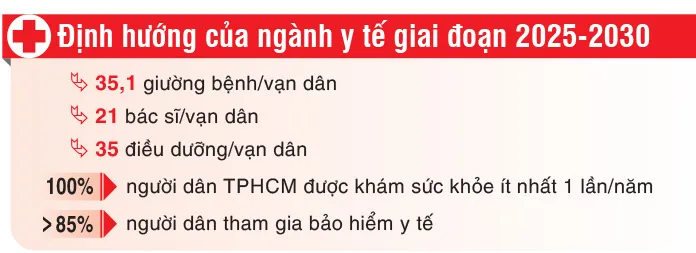
According to Associate Professor, Doctor, Doctor Tang Chi Thuong, in the coming period, Ho Chi Minh City aims to build a fair and effective health system based on the principle of "taking people as the center". Along with improving the quality of medical examination and treatment, the city promotes preventive work and health care for all people, especially vulnerable groups such as the elderly, migrant workers, children and students. In addition, it continues to synchronously implement key tasks such as: improving disease prevention capacity, strengthening primary health care and developing community health, professionalizing emergency activities outside the hospital and developing specialized health care towards the goal of making Ho Chi Minh City a health care center of the ASEAN region.
To do that, according to Associate Professor, Doctor, Doctor Tang Chi Thuong, it is necessary to mobilize and effectively use resources to protect, care for and improve people's health, stature, longevity and quality of life; build a comprehensive health care program and sustainable population growth; implement the Population Aging Adaptation Strategy and form a comprehensive health care service delivery system for the elderly in the city. At the same time, focus on improving the capacity of the health system, especially preventive medicine, primary health care, professionalizing the foreign emergency network; build an advanced and modern health system, apply high technology and techniques, develop a number of fields to approach world-class technology, form specialized medical centers...
“In the context of a special urban area, the city is aiming to build a fair, modern, sustainable and humane healthcare system - where all people have access to quality, convenient and affordable healthcare services. The city's healthcare sector always identifies people's health as the most valuable asset and each policy and project aims to better serve the people,” Associate Professor, Dr. Tang Chi Thuong emphasized.
International cooperation is increasingly strong
Ho Chi Minh City has always been a locality chosen by many international medical organizations for cooperation in research, training and technology transfer. Typically, the Ho Chi Minh City Hospital for Tropical Diseases cooperates with the Oxford University Clinical Research Unit (OUCRU); Oncology Hospital, Hematology Blood Transfusion Hospital, Binh Dan Hospital, Nhan Dan Hospital 115 Hospital, Hung Vuong Hospital, Tu Du Hospital, Children's Hospital 1, Children's Hospital 2... expand cooperation with partners from Taiwan (China), the UK, Japan, France, Korea, the US in the fields of organ transplantation, cancer treatment, cardiovascular, obstetrics, pediatrics... These cooperations not only help improve professional qualifications but also create opportunities for Vietnamese patients to access advanced treatment techniques without having to go abroad.
Source: https://www.sggp.org.vn/nganh-y-te-tphcm-huong-den-hien-dai-cong-bang-va-nhan-van-post817894.html



![[Photo] Dan Mountain Ginseng, a precious gift from nature to Kinh Bac land](/_next/image?url=https%3A%2F%2Fvphoto.vietnam.vn%2Fthumb%2F1200x675%2Fvietnam%2Fresource%2FIMAGE%2F2025%2F11%2F30%2F1764493588163_ndo_br_anh-longform-jpg.webp&w=3840&q=75)




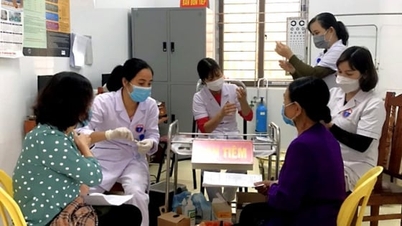

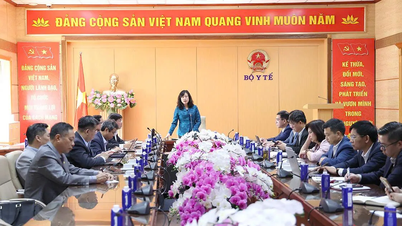
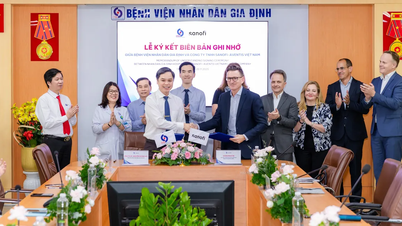
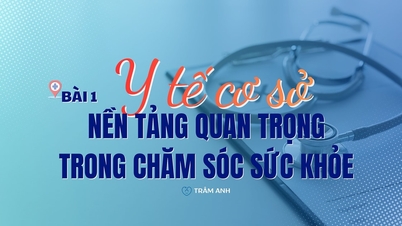

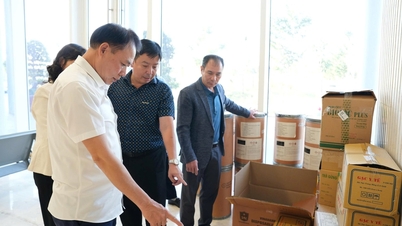

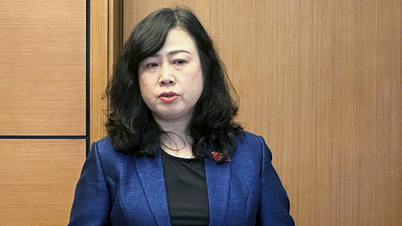

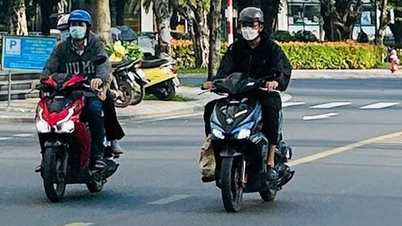


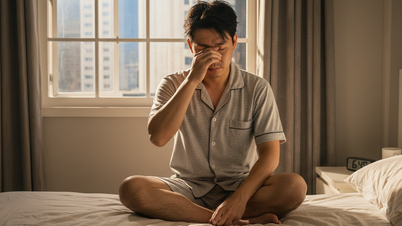

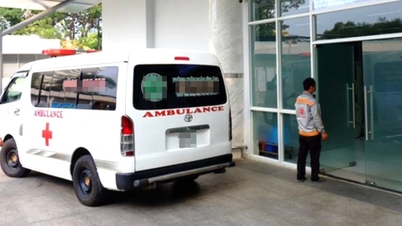









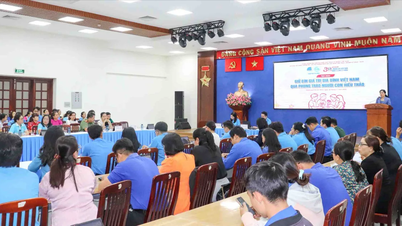


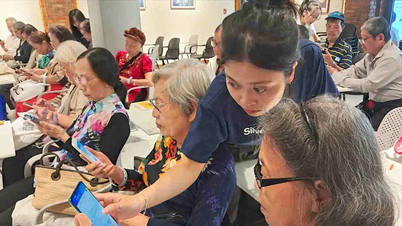










































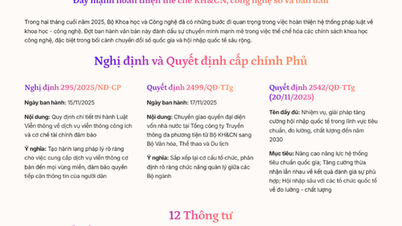

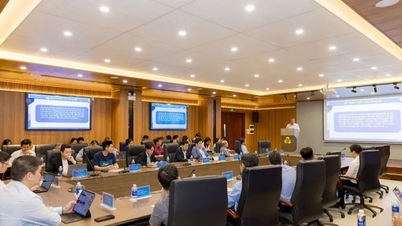
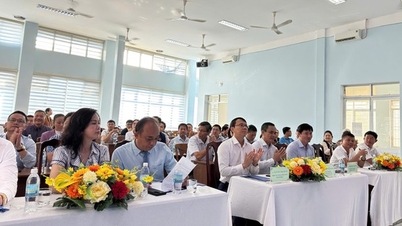
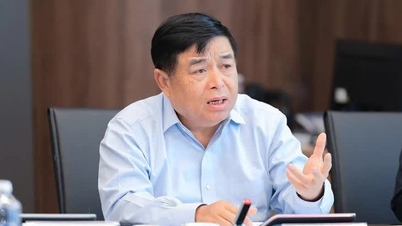
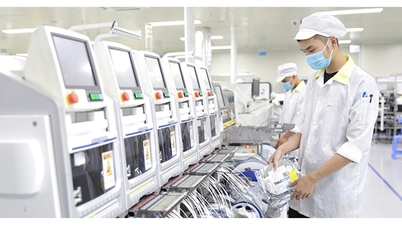
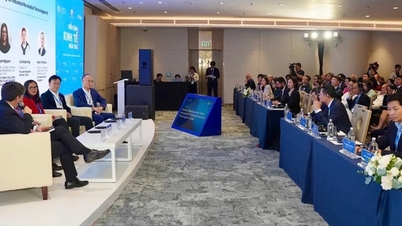
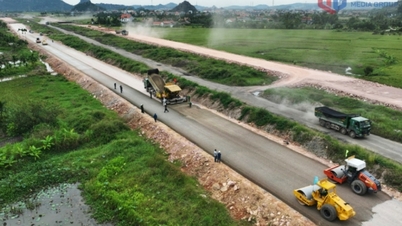


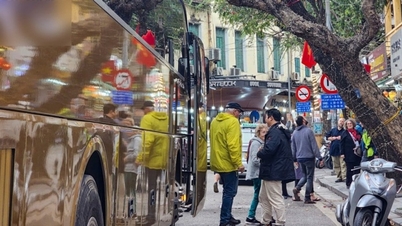
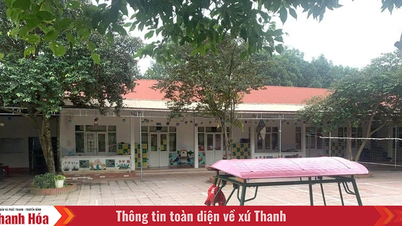

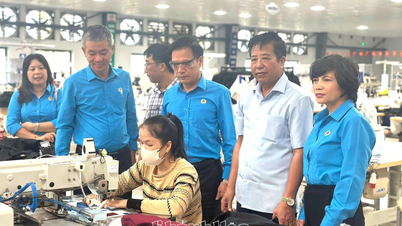

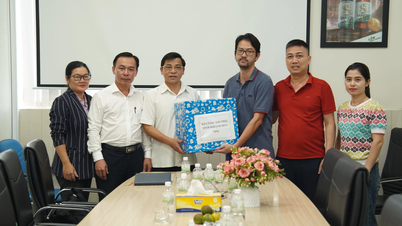













Comment (0)